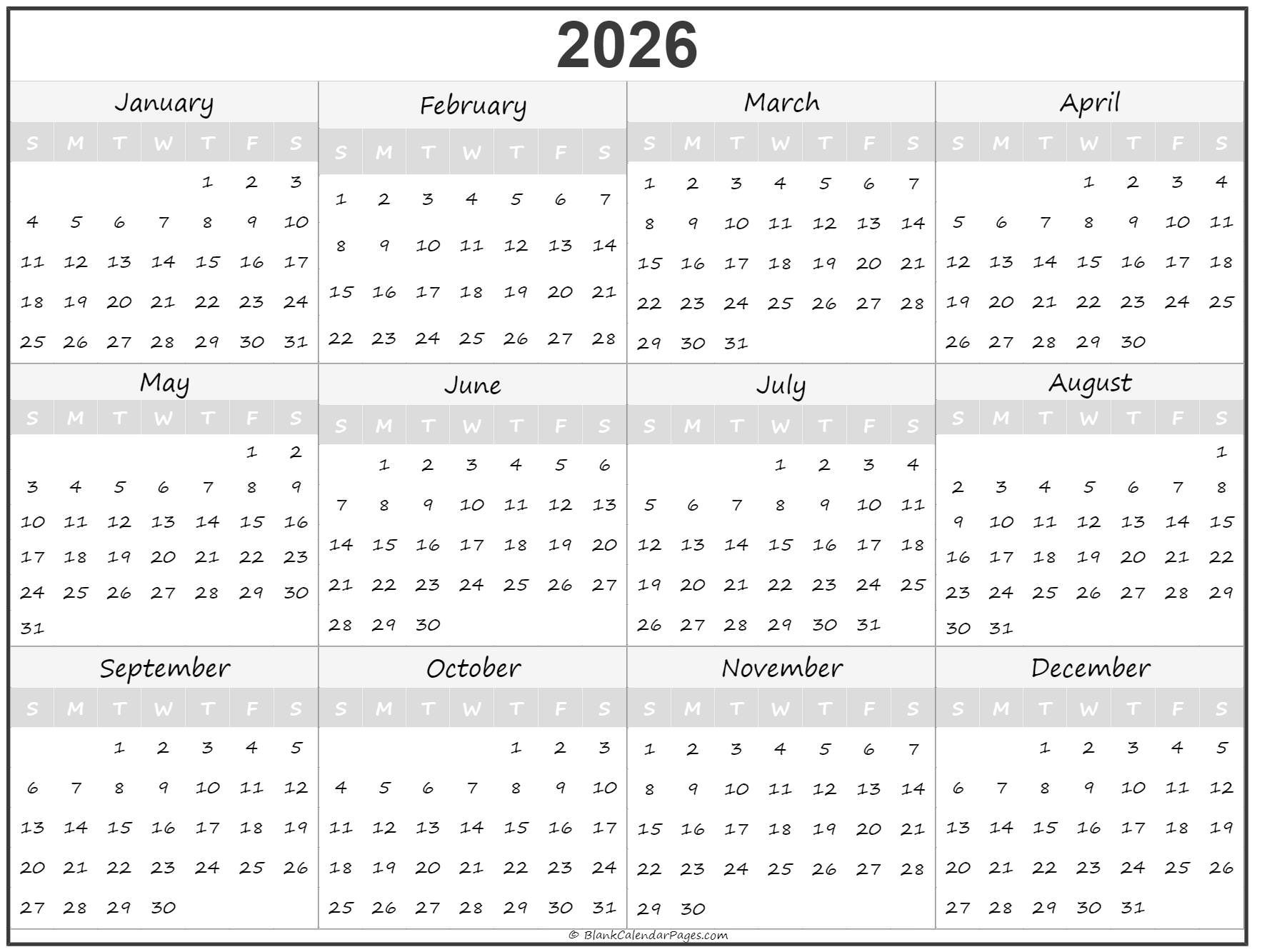Lessons from the Past: Oil Shocks, Wars, and the Next Global Supply Crisis- For over a century, oil has been the heartbeat of global economies. It powers industries, fuels transportation, and underpins modern life. Yet, this critical resource has repeatedly been the center of crises that have shaken economies and changed the course of history. From geopolitical rivalries to regional wars, the oil market has never been insulated from conflict and politics.
As the world stands on the brink of new geopolitical tensions, it is essential to reflect on the major oil supply crises of the past to understand what the future might hold.
The First Major Shock: The 1973 Arab Oil Embargo
The 1973 Arab-Israeli War, also known as the Yom Kippur War, was not just a battle between nations—it ignited a global economic crisis. In response to Western support for Israel, the Organization of Arab Petroleum Exporting Countries (OAPEC) announced an oil embargo on the U.S., Netherlands, and other Western nations.
The result was immediate and devastating:
-
Oil prices quadrupled within months.
-
Gasoline shortages led to long queues at fuel stations.
-
The U.S. implemented fuel rationing and reduced highway speed limits.
This crisis revealed the world’s overdependence on Middle Eastern oil and led to a strategic shift in energy policies worldwide. Western countries began stockpiling reserves, creating institutions like the International Energy Agency (IEA), and exploring alternative sources of energy.
The 1979 Iranian Revolution: The Second Oil Shock
Just six years later, another oil crisis erupted with the Iranian Revolution. Iran, one of the world’s largest oil exporters, saw its production collapse as political turmoil engulfed the country. Global oil supplies were cut by roughly 4%, but the psychological impact on markets was enormous.
This led to:
-
Another surge in oil prices, nearly doubling in a year.
-
A global recession, especially affecting developing economies.
-
The U.S. doubling down on energy independence efforts, leading to more domestic oil production and research into renewables.
The Iran-Iraq War (1980-1988): War on the Oil Fields
Soon after, the Middle East was again aflame with the Iran-Iraq War. Both nations targeted each other’s oil installations in what became known as the “Tanker War.” This period marked:
-
Constant attacks on oil tankers in the Persian Gulf.
-
Western naval intervention to secure oil routes.
-
Frequent oil price fluctuations driven by insecurity in one of the world’s busiest energy corridors.
While oil prices didn’t spike as sharply as in previous crises, the prolonged war kept markets unstable for nearly a decade, highlighting how even regional conflicts could disrupt global supply chains.
The Gulf War of 1990: Saddam’s Invasion of Kuwait
The world’s attention returned to the Gulf in 1990 when Iraq invaded Kuwait. Saddam Hussein’s move was partly motivated by control over oil reserves, as Kuwait’s rich oilfields represented a valuable asset.
Consequences of the Gulf War included:
-
A brief yet sharp rise in oil prices.
-
Fears that Iraqi forces would attack Saudi Arabia, the world’s largest oil producer.
-
The burning of Kuwaiti oil wells by retreating Iraqi forces, causing environmental disasters and economic disruptions.
The swift U.S.-led military response restored confidence, but the war underscored how vulnerable global oil flows were to regional ambitions and conflicts.
2003 Iraq War: Energy Markets on Edge
Although the 2003 U.S. invasion of Iraq was publicly framed around weapons of mass destruction, oil was an undeniable underlying factor in global discussions. Iraq held vast untapped reserves, and global markets watched nervously.
Key outcomes were:
-
Initial fears of widespread supply disruptions, although markets stabilized relatively quickly.
-
Long-term destabilization of Iraq, which affected production intermittently over the next two decades.
-
Increasing global focus on energy diversification, partly driven by sustained instability in oil-producing regions.
Other Geopolitical Flashpoints and Energy Disruptions
Beyond the Middle East, other geopolitical events have also disrupted global oil supply chains:
Venezuelan Crisis (2010s)
-
Mismanagement and U.S. sanctions saw Venezuela’s oil exports collapse, despite holding the world’s largest proven reserves.
-
Global markets adjusted, but it highlighted the dangers of political instability in major producer nations.
Libyan Civil War (2011)
-
Following the Arab Spring, Libya’s oil exports virtually halted during its civil war.
-
As a major European supplier, Libya’s disruptions had direct impacts on European energy security.
Russian Involvement in Energy Markets
-
Russia’s geopolitical moves, notably its annexation of Crimea in 2014 and the 2022 invasion of Ukraine, didn’t just shake European borders—it disrupted global energy.
-
The 2022 crisis sent energy prices soaring, particularly in Europe, driving home the message that oil and gas remain tools of geopolitical leverage.
The Present Day: Rising Tensions and Looming Crises
The Strait of Hormuz: A Perennial Flashpoint
Over 20% of the world’s oil passes through the Strait of Hormuz. Iran’s repeated threats to close this narrow chokepoint in response to Western pressure have kept global energy markets on edge. With rising tensions involving Iran, Israel, the U.S., and Gulf Arab states, any conflict here could trigger another significant oil crisis.
Red Sea Disruptions: Houthi Attacks on Shipping
Recent attacks by Yemen’s Houthi rebels on vessels in the Red Sea, partly as an extension of Iran’s influence in the region, further complicate global supply chains. These attacks force oil tankers to take longer, costlier routes around Africa, adding pressure to global markets.
Broader Geopolitical Risks
As nations compete for diminishing resources, energy geopolitics has extended beyond oil:
-
Competition over rare earth minerals for renewable technologies.
-
Gas pipeline politics in Europe and Central Asia.
-
Increasing tensions in the South China Sea, another vital energy route.
Preparing for the Next Global Supply Crisis
The past has taught valuable lessons that remain crucial today:
-
Diversification is Essential: Nations cannot rely on a single region or supplier for their energy needs.
-
Strategic Reserves Matter: Stockpiling crude oil and investing in strategic reserves can buffer immediate shocks.
-
Renewables Are Part of the Solution: While oil will remain important for decades, investment in renewable energy reduces vulnerability to geopolitical disruptions.
-
Energy Security is Geopolitical Security: Stable diplomatic relationships with energy-producing nations are as critical as military strength.
Conclusion: The Next Shock Is Not a Question of ‘If’—But ‘When’
History makes it clear: oil supply crises will recur, whether triggered by war, revolution, or geopolitical rivalry. The world remains tethered to a resource vulnerable to the ambitions and conflicts of powerful nations.
As new flashpoints emerge, preparation, diversification, and global cooperation will be the only ways to prevent past mistakes from becoming future catastrophes.
Innovative Marketing Techniques to Boost Your Business | Maya




